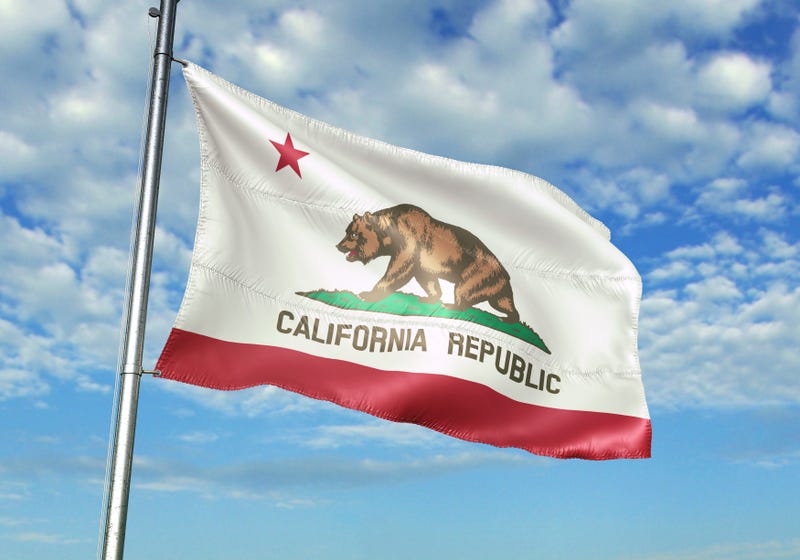
With the new rules of STAYING HOME by Governor Newsom taking place, Rob and Joss take a look and give us an update on what's OPENED, what's CLOSED, and things YOU CAN STILL DO - like walking your dog!
Pharmacies
Food: Grocery stores, farmers markets, food banks, convenience stores, takeout and delivery restaurants
Banks
Gas stations
Laundromats/laundry services
Essential state and local government functions including law enforcement and offices that provide government programs and services.
Bars and nightclubs
Entertainment venues
Gyms and fitness studios
Public events and gatherings
Convention Centers
Dine-in restaurants
Go to the grocery store;
Go to the pharmacy to pick up medications and other healthcare necessities;
Go to medical appointments (check with your doctor or provider first);
Take a walk, ride your bike and be in nature for exercise — just keep at least six feet between you and others in the community;
Walk your pets and take them to the veterinarian if necessary;
Help someone to get necessary supplies.
Go to work unless providing essential services as defined by the order;
Visit friends and family if there is no urgent need;
Maintain less than six feet of distance from others when you go out;
Travel to or from a job outside the city, unless to perform essential activities;
Travel to or from a vacation home outside the city;
Visit loved ones in a hospital, nursing home, skilled nursing facility or other residential care facility.
City/county government services
Healthcare providers
Food and grocery service
Hardware stores and nurseries
Plumbers, electricians, exterminators, custodial/janitorial workers, handyman services, funeral home workers and morticians, moving services, HVAC installers, carpenters, landscapers, gardeners, property managers, private security personnel and others who provide services to maintain the safety, sanitation and essential operation of properties and other essential activities
Banks
Organizations and businesses that provide food, shelter, social services and other necessities of life for economically disadvantaged or otherwise needy individuals (including gang prevention and intervention and domestic violence agencies)
Laundromats/laundry service
Newspapers, magazines, television, radio, podcasts and other media services
Educational institutions, including public and private K-12 schools, colleges, and universities — for purposes of facilitating distance learning or performing essential functions provided that social distancing of six feet per person is maintained to the greatest extent possible.
